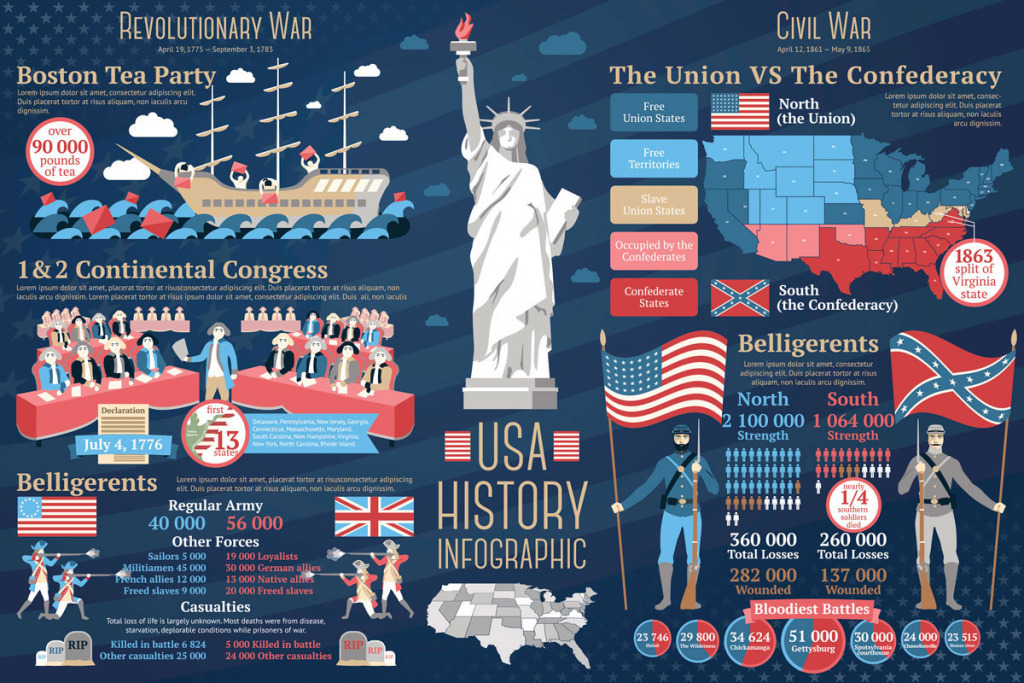Embracing our history as Americans
Embracing our history as Americans is a controversial subject right now. We are living in a tumultuous time in history, it’s an election year and we were sidelined by a global pandemic for months. The perfect storm of a global health emergency, social justice issues, a racial divide in our country, and many broken pieces of our democracy are in need of repairs. To keep our country healthy and moving forward, we have to look backward and face our mistakes. As a melting-pot, the United States is a country of many ethnic groups with varied points of view and ideologies that do not always agree.
The pilgrims moved to the New World to escape religious persecution, the British Law once forbade Anglican Protestants to worship freely. The Founders believed that the purpose of government was to protect life, liberty, and property from what they called the depravity of human nature. A democratic republic requires a special kind of culture, one that nurtures self-reliance and a love of liberty. Broadly speaking, liberty is the ability to do as one pleases. It is a synonym for the word freedom. In modern politics, liberty is the state of being free within society from oppressive restrictions imposed by authority on one’s way of life, behavior, or political views. This is the foundation that The United States was built on.
Embracing our American History:
- Colonial Settlement, 1600s – 1763
- The American Revolution, 1763 – 1783
- The New Nation, 1783 – 1815
- National Expansion and Reform, 1815 – 1880
- Civil War and Reconstruction, 1861 to 1877
- Rise of Industrial America, 1876 to 1900
- Progressive Era to New Era, 1900 to 1929
- Great Depression and World War II, 1929 to 1945
- The Post War United States, 1945 to 1968
Throughout the 17th and 18th centuries, millions of Africans were forced to become enslaved people in the American colonies. It is a deeply tragic paradox that the Founders also valued liberty so highly because they lived amidst slavery. Even the slave-owners among them knew how obscenely unjust the institution was.
In 1759, more than a century before the Civil War, Richard Henry Lee of Stratford Hall, made his maiden speech in the Virginia House of Burgesses. His message to his fellow slave-owners: End slavery. How can anyone who calls himself a Christian think that “our fellow-creatures . . . are no longer to be considered as created in the image of God as well as ourselves, and equally entitled to liberty and freedom by the great law of nature? He pointed out that slaves who see their masters living in luxury and freedom, “whilst they and their posterity are subjected forever to the most abject and mortifying slavery,”
The United States is a work in progress
and so is this site …
Please check back frequently
